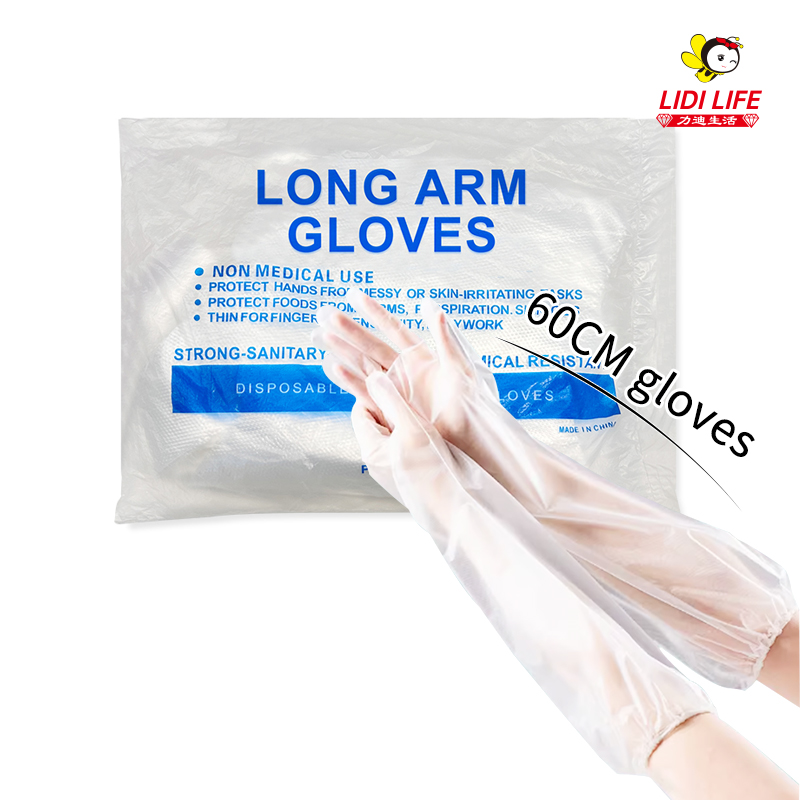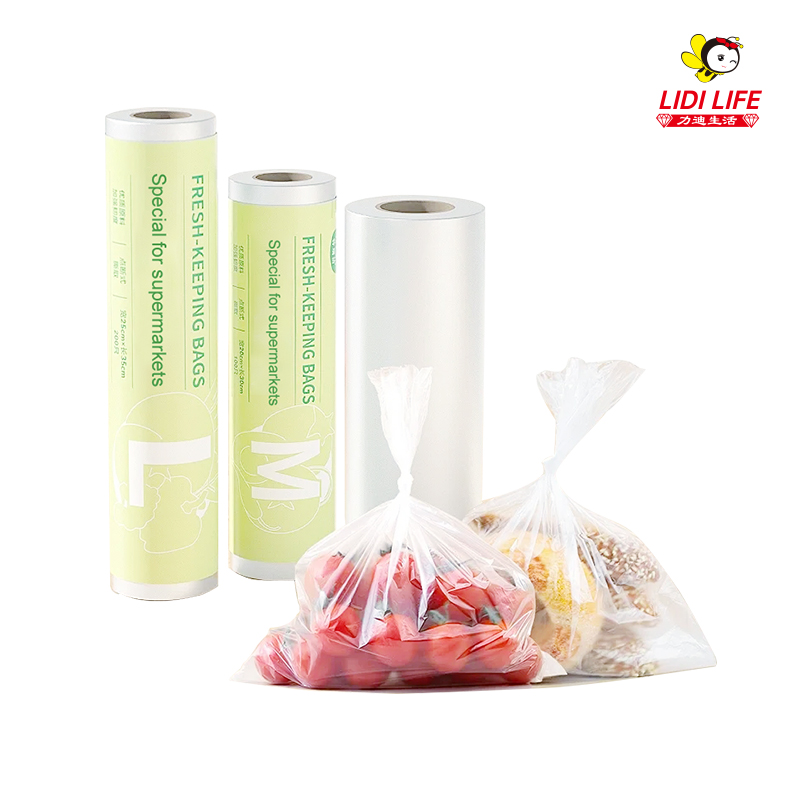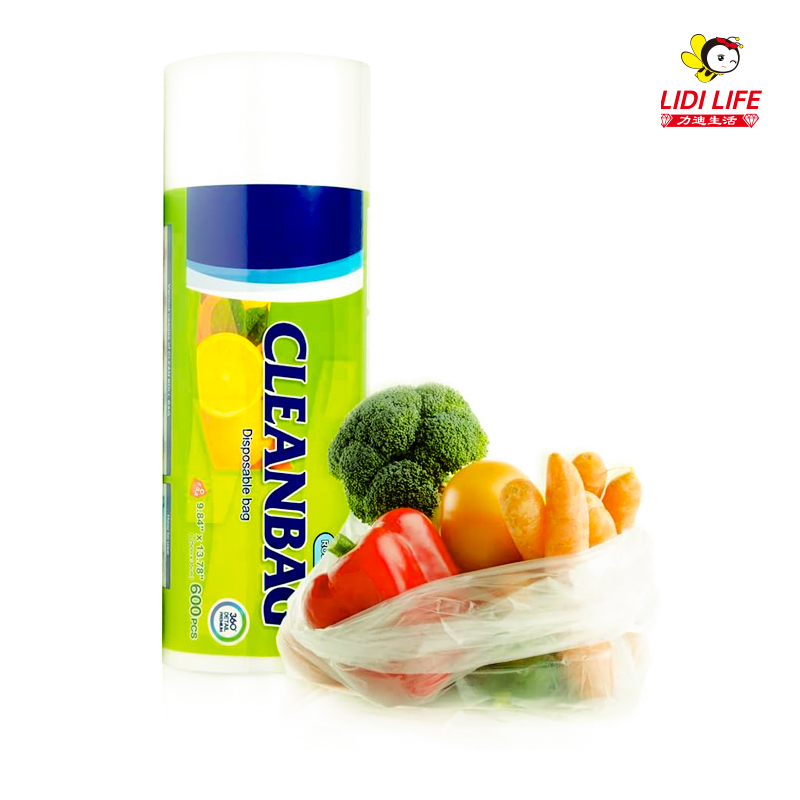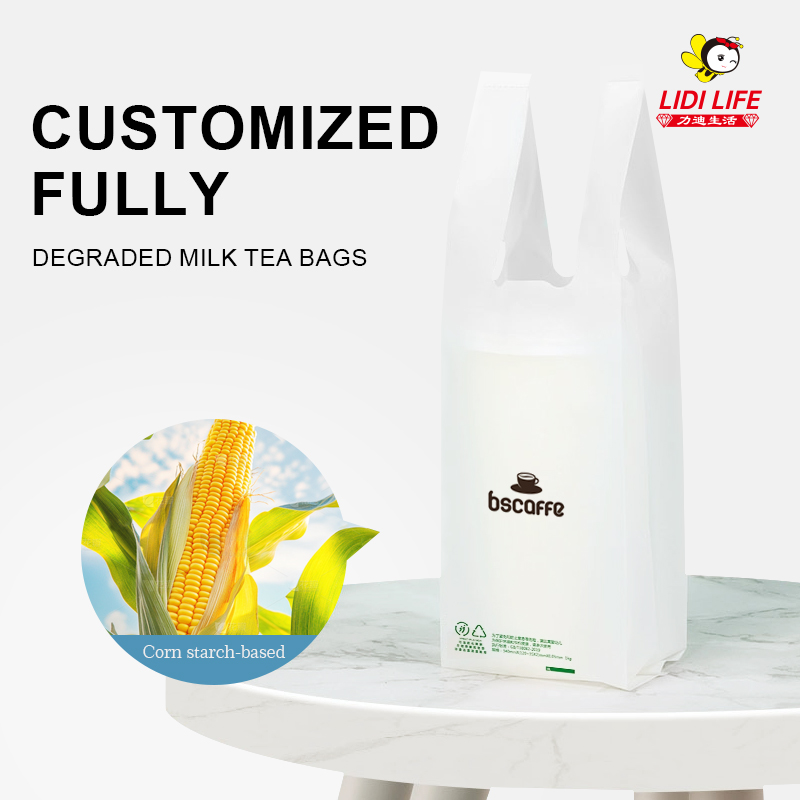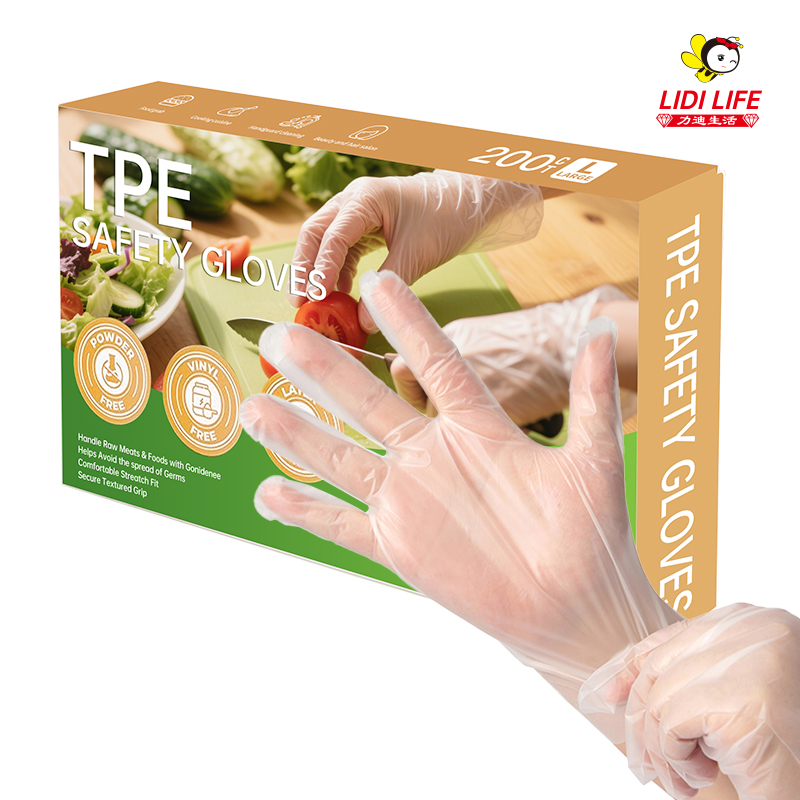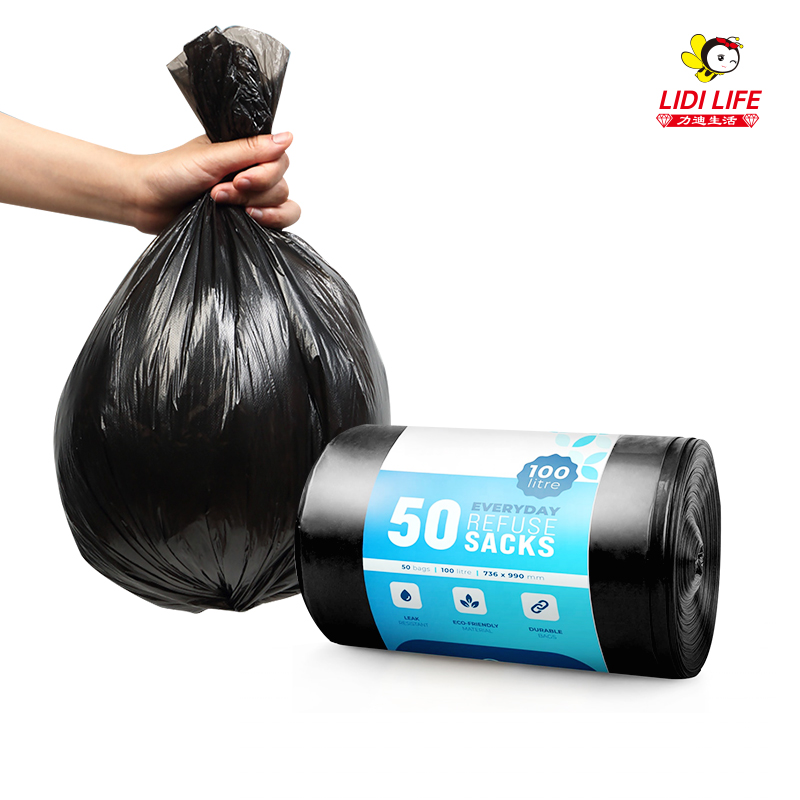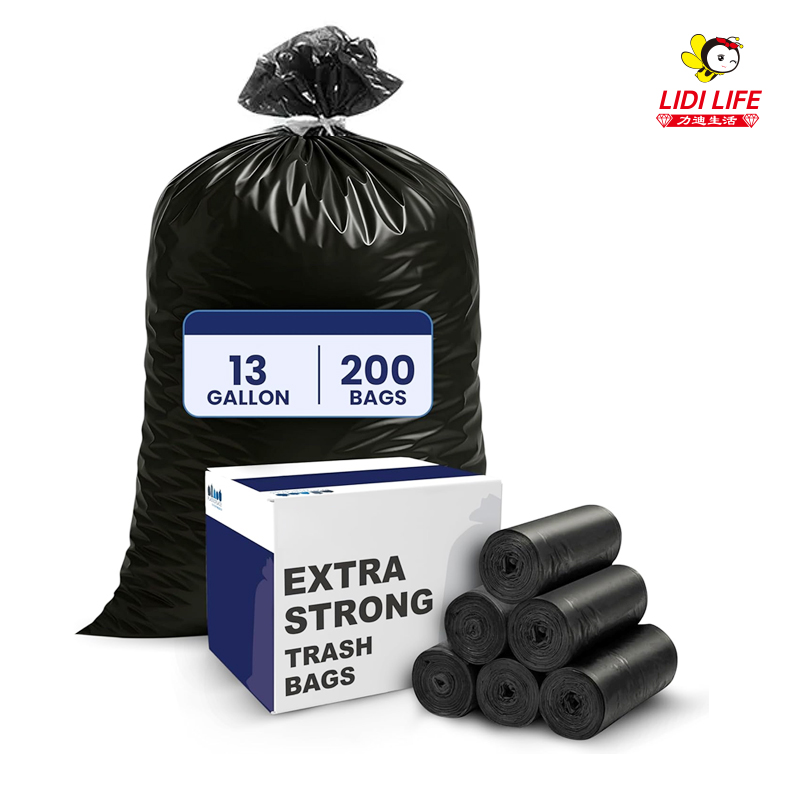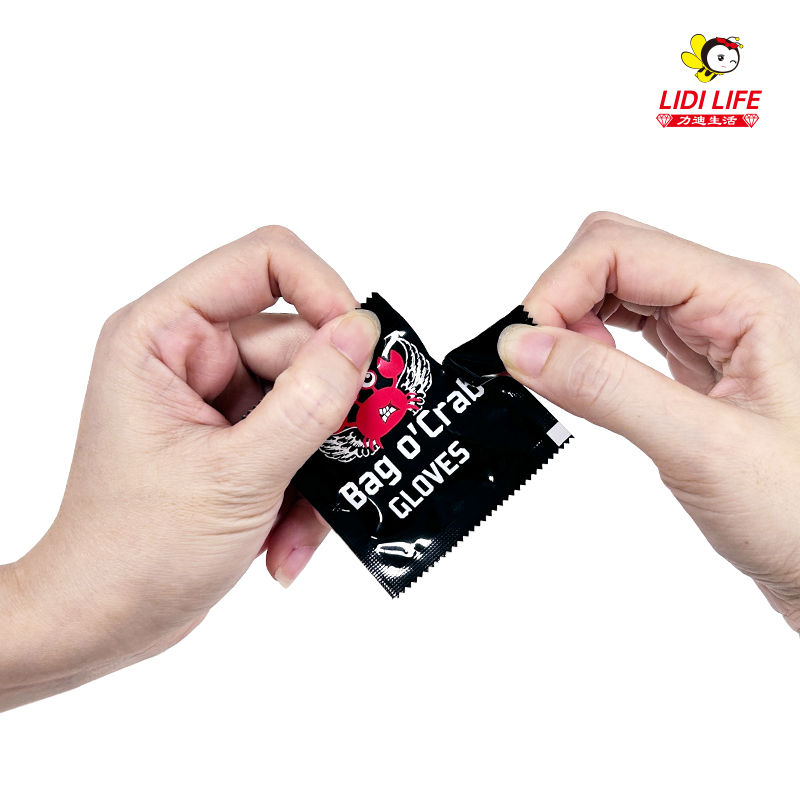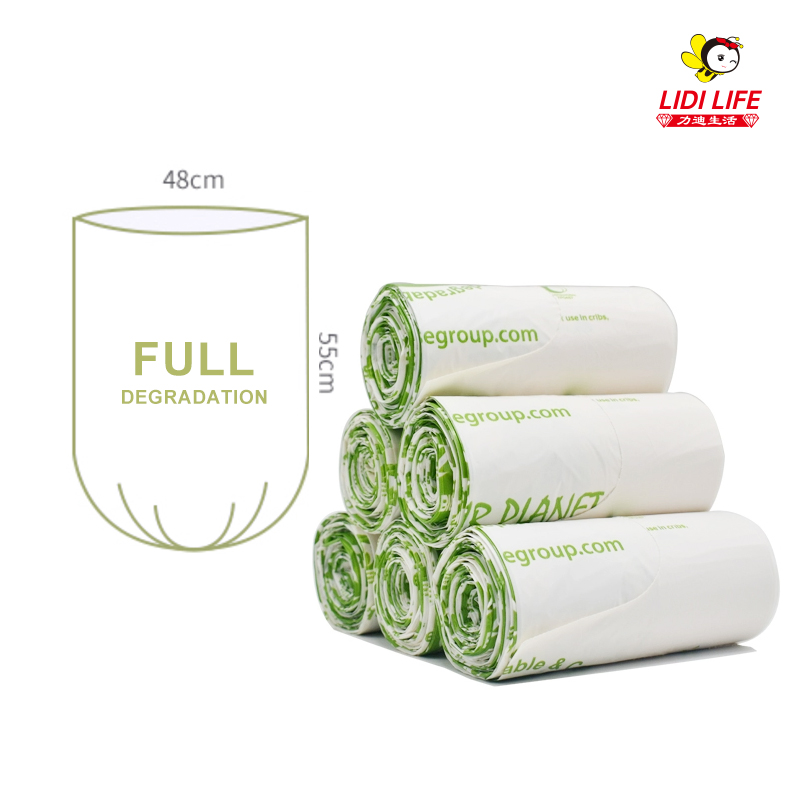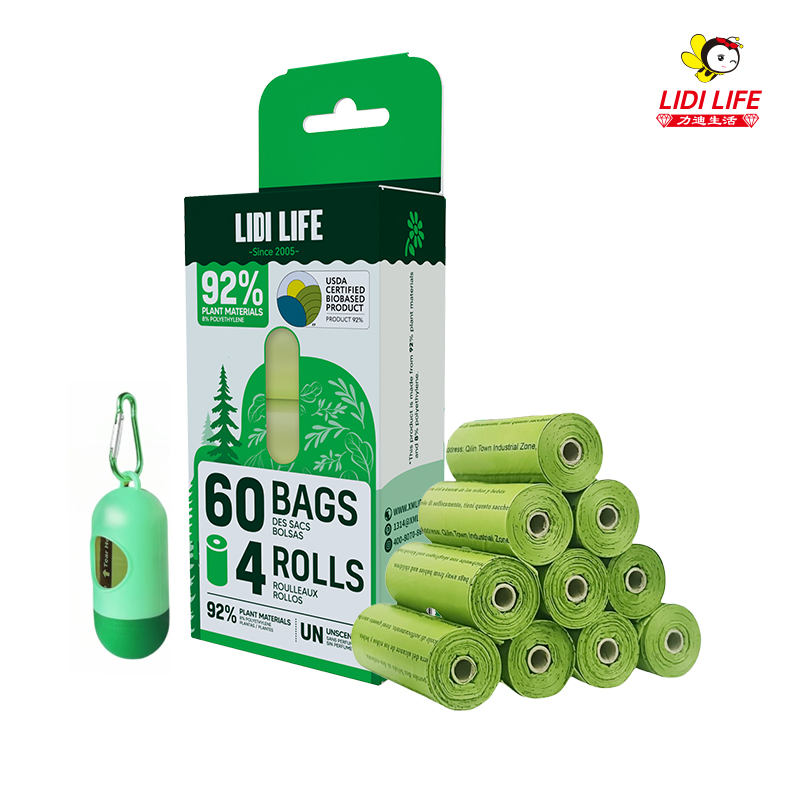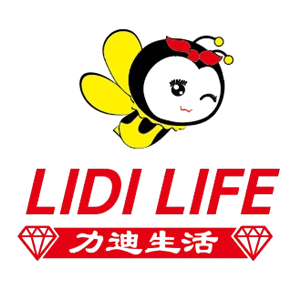Executive Summary
The global plastic wrap market has evolved into a sophisticated industry with specialized products catering to distinct applications. This analysis provides a comprehensive examination of five key segments: plastic wrap for food , industrial plastic wrap , commercial plastic wrap , plastic wrap with slide cutter, and environmentally friendly plastic wrap. Each segment demonstrates unique growth drivers, technological innovations, and market dynamics that are reshaping the packaging landscape.
Recent industry developments reveal increasing specialization, with plastic wrap for food incorporating active preservation technologies, industrial plastic wrap integrating smart tracking capabilities, and environmentally friendly plastic wrap achieving performance parity through advanced biopolymers. The commercial plastic wrap segment is adapting to stringent food safety regulations, while plastic wrap with slide cutter products focus on ergonomic improvements for household convenience.
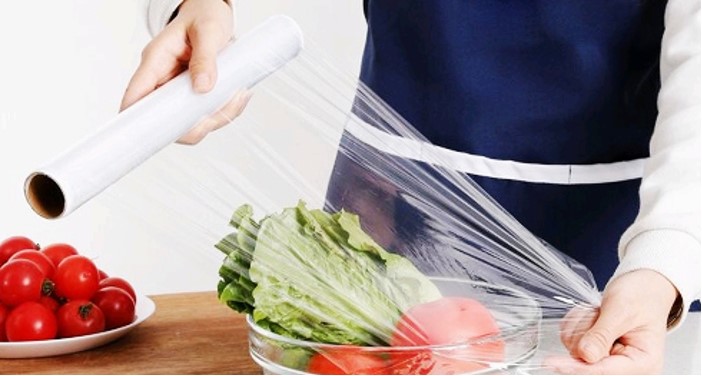
Plastic Wrap for Food
Market Characteristics
Plastic wrap for food remains the largest segment, accounting for 38-45% of global plastic wrap consumption. The market divides into:
Household applications (72% of segment)
Food service applications (28% of segment)
Technological Advancements
Modern plastic wrap for food features:
Active packaging systems: Oxygen scavengers extend meat shelf life by 40-50%
Intelligent indicators: Color-changing spoilage sensors now cover 15% of premium products
Multi-layer films: 7-layer co-extrusions provide superior barrier properties
Regional Variations
North America: Dominated by PVC-based plastic wrap for food (60% market share)
Europe: Shifting toward PVDC-free plastic wrap for food due to regulations
Asia: High-growth market for microwave-safe plastic wrap for food
Case Study
Industrial Plastic Wrap
Market Segmentation
Industrial plastic wrap serves three primary functions:
Pallet stabilization (55% of segment)
Machinery protection (30%)
Agricultural applications (15%)
Material Innovations
High-performance resins: Linear low-density polyethylene (LLDPE) dominates with 70% share
Nano-composites: Graphene-enhanced industrial plastic wrap shows 40% better tear resistance
Pre-stretched films: Reduce material usage by 25-30%
Smart Packaging Integration
30% of new industrial plastic wrap products now feature:
RFID tags for inventory management
Strain sensors monitoring load integrity
UV-sensitive degradation indicators
Commercial Plastic Wrap
End-User Analysis
Commercial plastic wrap serves diverse sectors:
Restaurants (40% of demand)
Supermarkets (35%)
Institutional kitchens (25%)
Performance Requirements
Top-grade commercial plastic wrap must meet:
NSF sanitation standards
-40℃ to 120℃ temperature tolerance
300% stretch capacity
Innovation Trends
Anti-fog formulations: Maintain visibility in refrigerated displays
Color-coding: Thickness indicators for different applications
Automated dispensers: Reduce waste by 18-22%
Plastic Wrap with Slide Cutter
Consumer Preferences
Plastic wrap with slide cutter appeals to households valuing:
Convenience (68% purchase factor)
Safety (25%)
Precision cutting (7%)
Design Evolution
Modern plastic wrap with slide cutter systems feature:
Ceramic blade cartridges (last 3x longer than steel)
Ergonomic grips (reduce hand fatigue by 40%)
One-handed operation mechanisms
Premium Market Growth
The $280 million plastic wrap with slide cutter segment grows at 8.2% CAGR, driven by:
Smart home integration
Luxury kitchen aesthetics
Accessibility features
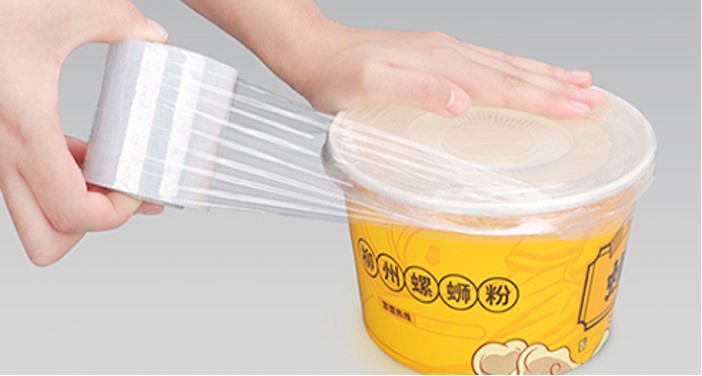
Environmentally Friendly Plastic Wrap
Material Breakthroughs
Environmentally friendly plastic wrap utilizes:
PLA from corn starch (45% of bio-based products)
PHA marine-degradable polymers (emerging technology)
Cellulose-based films (20% market share)
Performance Validation
Recent tests show advanced environmentally friendly plastic wrap achieves:
90% of conventional wrap's oxygen barrier
Equivalent cling performance
Comparable transparency
Certification Landscape
Key standards for environmentally friendly plastic wrap:
OK Compost INDUSTRIAL (90-day decomposition)
USDA BioPreferred certification
Cradle-to-Cradle Silver rating
Cost Analysis
While currently 25-40% more expensive, environmentally friendly plastic wrap is projected to reach price parity by 2028 as production scales.
Cross-Segment Trends.
Smart Technologies
Time-temperature indicators spreading from plastic wrap for food to commercial plastic wrap
IoT integration beginning in industrial plastic wrap
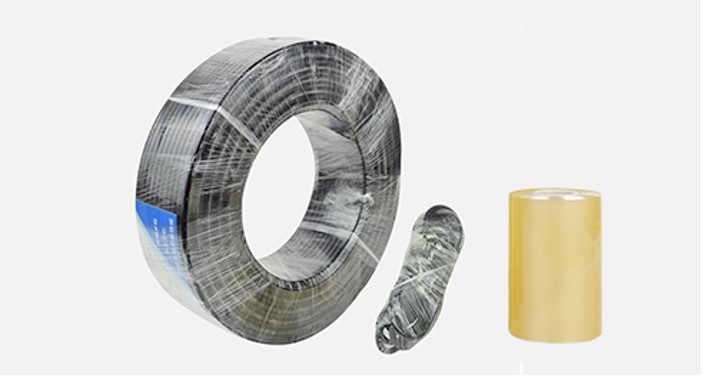
Sustainability Convergence
Environmentally friendly plastic wrap principles influencing all segments
Recycling initiatives spanning plastic wrap for food to industrial plastic wrap
Manufacturing Advancements
AI-driven extrusion benefiting all product types
3D printing enabling rapid prototyping
Market Challenges
Persistent Barriers
Consumer resistance to environmentally friendly plastic wrap pricing
Technical limitations in plastic wrap with slide cutter mechanisms
Regulatory fragmentation affecting commercial plastic wrap standards
Competitive Pressures
Private label growth in plastic wrap for food
Alternative packaging threatening industrial plastic wrap
Future Outlook
Growth Projections
Plastic wrap for food: 5.8% CAGR through 2028
Industrial plastic wrap: Smart films to capture 25% market share
Commercial plastic wrap: Automation-compatible products rising
Plastic wrap with slide cutter: Premiumization continuing
Environmentally friendly plastic wrap: 18% annual growth
Technology Roadmap
Bioactive plastic wrap for food by 2025
Self-healing industrial plastic wrap by 2027
Edible environmentally friendly plastic wrap by 2030
For more detailed information about our products including plastic wrap for food,industrial plastic wrap,commercial plastic wrap,plastic wrap with slide cutter, plastic wrap environmentally friendly please visit the product introduction section on our company's official website.
Contact Us
Marketing Department: +86 181 5007 9989
Email: tuzhengfeng@xmlidi.com
Website: https://www.worldlidi.com/


